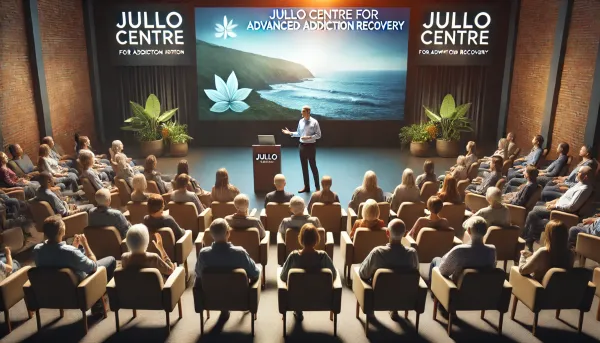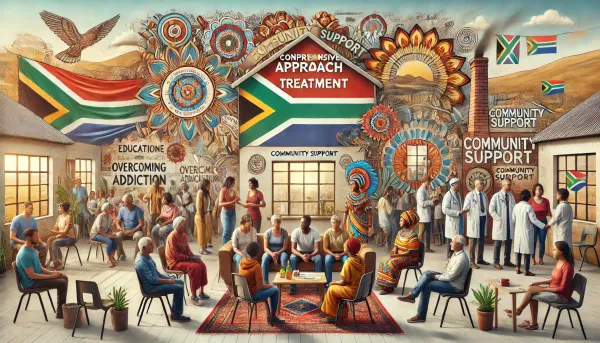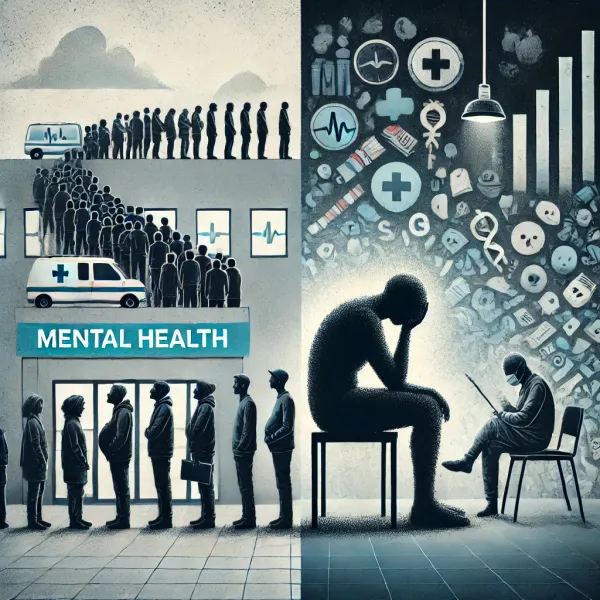Does Addiction Treatment work

Engagement is the cornerstone of the journey through life and a vital component of treatment for addiction. This process is not merely about stopping harmful behaviors but about preparing for an integrated, purposeful life. Treatment begins with creating space for relaxation—a necessary reprieve after the ordeal of addiction. From this foundation of calm, individuals can move toward recognition of their struggles, followed by the realization of their capacity to change. This leads to resolution, where commitment to healing begins, and finally to recovery, where relapse prevention and sustained wellness are prioritized. Each of these stages is an essential part of treatment, and none should be overlooked.
At the heart of effective addiction treatment is the therapeutic alliance—the partnership between patient and clinician that fosters trust, understanding, and a shared commitment to healing. This alliance underscores the importance of recognizing addiction as a chronic, non-communicable disease (NCD), akin to diabetes or hypertension. Its a jouney of connection.Just as these conditions require ongoing management, addiction demands a lifelong dedication to maintaining balance and reaching treatment goals. These goals, however, extend beyond mere abstinence; they focus on cultivating consciousness and dedication to the truth—qualities that empower individuals to navigate life’s complexities with integrity and resilience.
Addiction should not be reduced to a moral failing or isolated behavior. Substances are often a desperate solution for a brain struggling to meet the demands of the mind. The healing of the brain—and the restoration of its capacity to manage stress—takes time, patience, and support. Engagement is key. It must span the full spectrum of care: inpatient and outpatient treatment, individual and group therapy, and active participation in community settings. Through these avenues, patients make steady progress, prevent complications, and rebuild their lives.
Equally important is addressing the collateral harm caused by addiction. This means repairing relationships, healing family dynamics, and breaking the cycle of generational trauma and substance misuse. Treatment is not a one-size-fits-all approach but a multifaceted, integrated process aimed at reducing harm and fostering growth for individuals and their families. It is not about "curing" addiction; rather, it is about resetting life’s trajectory toward one that is healthy, meaningful, and fully integrated.
Addiction medicine must become a foundational part of undergraduate medical and therapeutic education. This ensures we cultivate a generation of clinicians and therapists who understand addiction as a chronic disease and are equipped to manage it effectively. With their guidance, patients can learn to manage their condition just as they would any other chronic illness, setting and achieving realistic goals that restore their quality of life.
Yes, treatment works. It transforms chaos into clarity, pain into purpose, and despair into hope. With dedication, engagement, and the right support system, individuals and families can heal, grow, and thrive. Together, we can create a system that honors the humanity of those affected by addiction and provides the tools they need to reclaim their lives.



